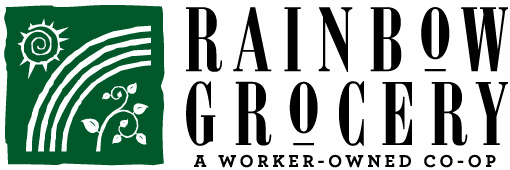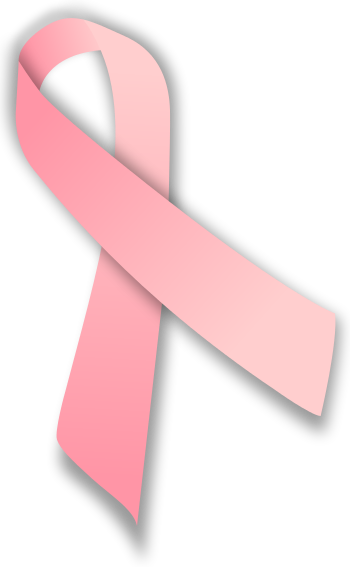Breast cancer therapy with tamoxifen is beneficial in women who have tumors which have estrogen receptors (ER-positive). They are treated with either “selective estrogen receptor modulators”, such as tamoxifen, or with aromatase inhibitors. ER-negative tumors do not respond well to those treatments and account for 25-30% of breast tumors.
The ER-negative tumors are not the result of DNA mutation, but are the result of epigenetic blocking in the ability of DNA to act. The blockage is due to hypermethylation and possibly, histone acetylation changes (both capable of DNA interference and both correctable). Hypermethylation can be corrected by inhibition of the enzyme, DNA methyltransferase. Inhibition of the histone deacetylase enzyme can also reduce DNA interference, but the use these pharmaceuticals have many side effects. So, alternative natural treatments are sought.
Green tea polyphenols (GTP) contain epigallocatechin-3-gallate (EGCG) which is known to reduce methylation of many genes in cancer cells. The hypomethylation caused by EGCG can reactivate the silenced DNA and lead to cancer suppression. Sulforophane (SFN) from cruciferous vegetables, as a histone deacetylation inhibitor, may be beneficial in cancer therapy. The authors studied the ability of GTP and SFN together to reactivate the DNA and restore ER expression in ER-negative breast cancer in cell cultures.
The results of the studies show that GTPs and SFN together are able to suppress the production of ER-negative cancer cells. GTPs and SFN were able to change the epigenetic enzymes to alter histone modifications and DNA methylation. GTPs may reduce available S-adenosyl-L-methionine (SAM) and increase S-adenosyl-L-homocysteine (SAH) and homocysteine levels. (This is evidence for inhibition DNA methylation.)
CONCLUSION: Green tea polyphenols and sulforaphane together inhibit the proliferation of ER-negative breast cancer cells, making them more amenable to treatment, such as with tamoxifen.
To read the author’s abstract of the article, click on the title of the article. Then, to read the full article, click on the full text icon.
NOTE: Read about the relationship between prebiotics, obesity and the metabolic syndrome.
Summary 602.
PMID: 22662208.
http://www.ncbi.nlm.nih.gov/pubmed/22662208?dopt=Abstract
Related articles
- ncRNAs Contribute To Breast Cancer Drug-Resistance (asianscientist.com)


